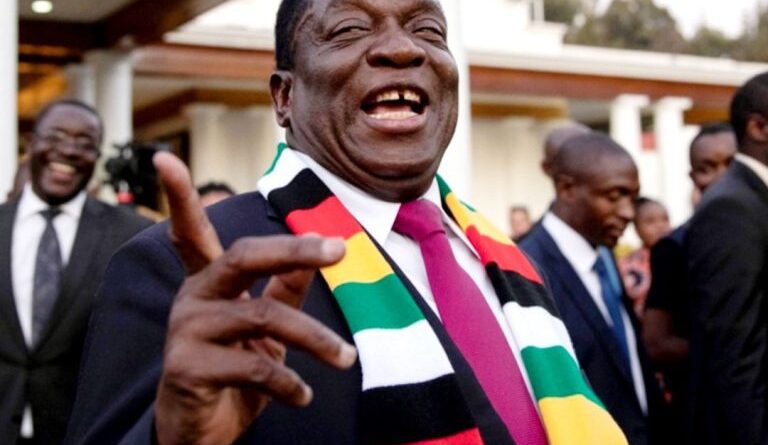United States Finally Removes Zimbabwe Sanctions
The initial declaration of a national emergency in 2003 was in response to concerns regarding actions and policies of certain members of the Government of Zimbabwe and other persons, which were deemed to undermine Zimbabwe’s democratic processes or institutions. This declaration led to subsequent measures and expansions under Executive Orders 13391 (November 22, 2005) and 13469 (July 25, 2008).
President Biden’s decision to terminate the national emergency, as stated in the Executive Order, reflects a reassessment of the situation in Zimbabwe. While acknowledging ongoing concerns such as acts of violence, human rights abuses against political opponents, and public corruption, the President deems the continuation of the national emergency declaration unnecessary.
The Executive Order revokes Executive Orders 13288, 13391, and 13469, signaling a departure from previous US policy towards Zimbabwe. Importantly, Section 1 of the order clarifies that termination of the national emergency shall not affect ongoing actions, proceedings, rights, or duties that were in place prior to the issuance of the order.
Furthermore, Section 2 of the order emphasizes that the termination does not impair the authority of executive departments or agencies, nor does it affect the functions of the Director of the Office of Management and Budget. The order is to be implemented in accordance with applicable law and subject to the availability of appropriations.
President Biden’s Executive Order is seen as a significant development in US-Zimbabwe relations and may pave the way for potential changes in diplomatic engagement, economic cooperation, and international sanctions regimes concerning Zimbabwe.
FULL STATEMENT
Executive Order on the Termination of Emergency With Respect to the Situation in Zimbabwe
By the authority vested in me as President by the Constitution and the laws of the United States of America, including the International Emergency Economic Powers Act (50 U.S.C. 1701 etseq.), the National Emergencies Act (50 U.S.C. 1601 et seq.) (NEA), and section 301 of title 3, United States Code,
I, JOSEPH R. BIDEN JR., President of the United States of America, find that the declaration of a national emergency in Executive Order 13288 of March 6, 2003, with respect to the actions and policies of certain members of the Government of Zimbabwe and other persons to undermine Zimbabwe’s democratic processes or institutions, as relied upon for additional steps taken in Executive Order 13391 of November 22, 2005, and as expanded by Executive Order 13469 of July 25, 2008, should no longer be in effect. Although I continue to be concerned with the situation in Zimbabwe, particularly with respect to acts of violence and other human rights abuses against political opponents and with respect to public corruption, including misuse of public authority, the declaration of a national emergency in Executive Order 13288 is no longer needed. Accordingly, I hereby terminate the national emergency declared in Executive Order 13288, and revoke that order, Executive Order 13391, and Executive Order 13469, and further order:
Section 1. Pursuant to section 202(a) of the NEA (50 U.S.C. 1622(a)), termination of the national emergency declared in Executive Order 13288, as relied upon for additional steps taken in Executive Order 13391, and as expanded by Executive Order 13469, shall not affect any action taken or proceeding pending not finally concluded or determined as of the date of this order, any action or proceeding based on any act committed prior to the date of this order, or any rights or duties that matured or penalties that were incurred prior to the date of this order.
Sec. 2. (a) Nothing in this order shall be construed to impair or otherwise affect:
(i) the authority granted by law to an executive department or agency, or the head thereof; or
(ii) the functions of the Director of the Office of Management and Budget relating to budgetary, administrative, or legislative proposals.
(b) This order shall be implemented consistent with applicable law and subject to the availability of appropriations.
(c) This order is not intended to, and does not, create any right or benefit, substantive or procedural, enforceable at law or in equity by any party against the United States, its departments, agencies, or entities, its officers, employees, or agents, or any other person.
JOSEPH B. BIDEN JR.
zwnews




